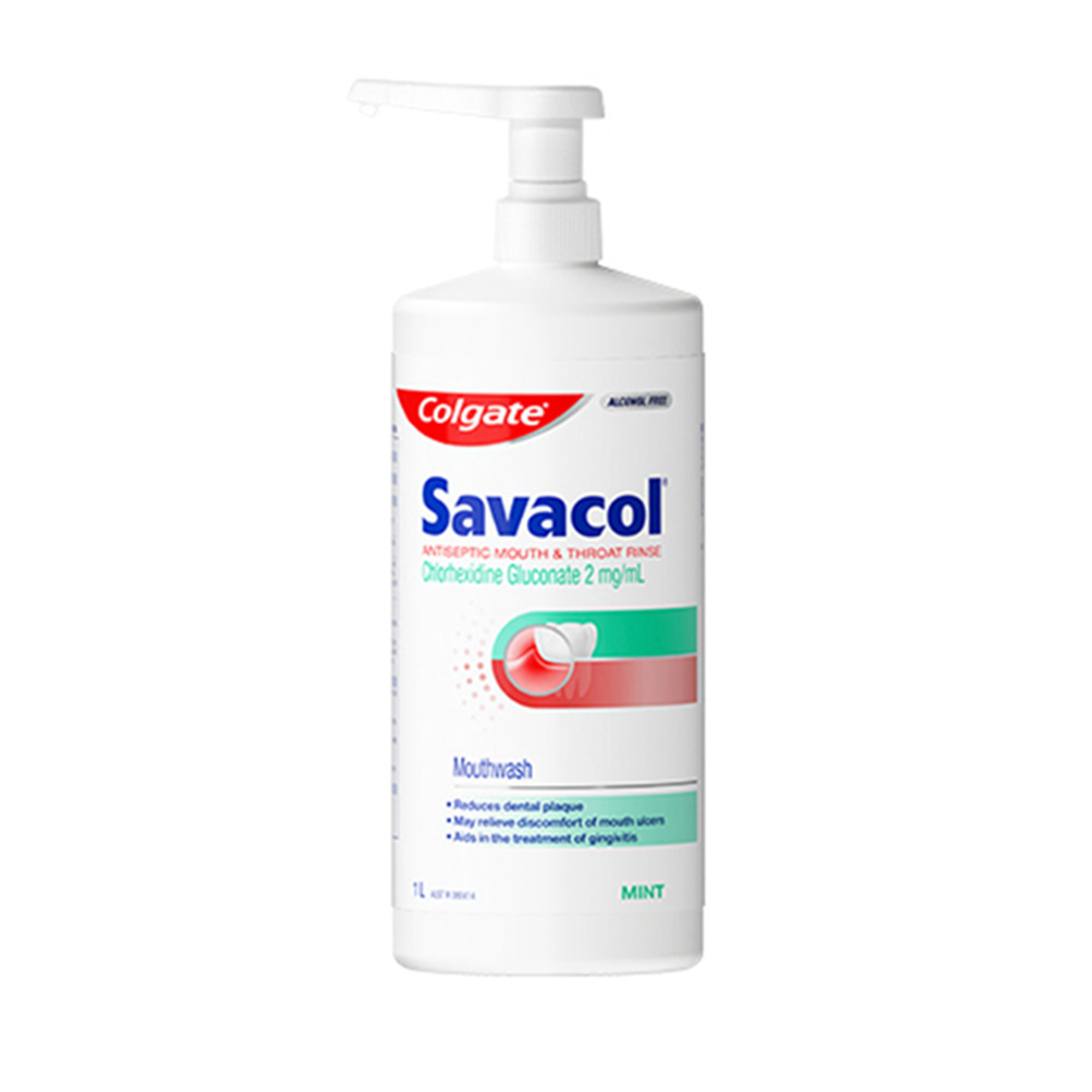
Working in a rural environment is a thought often considered amongst new graduates. Many may recall a rural placement as part of their studies and reminisce about the good (or sometimes not so good) experience that they had. Rural dentistry introduces its own unique challenges; however, it also has many advantages.
Patients in regional areas are some of the nicest patients you will ever come across in your working career. Some country areas can have very sporadic access to dental services and as such they will often appreciate any fresh face happy to serve amongst their community. What you put in and give to these areas often influences what you get out of your time spent there.
Living in geographically isolated locations can mean some patients find it hard to access dental services. This can often result in many attending for relief of pain or problem-based attendance. These scenarios can expose practitioners to advanced clinical presentations of oral disease, and depending on resources available, will often challenge you in developing problem-solving abilities.
At times you may be the sole practitioner in the area meaning anything from dental trauma, facial swellings, or broken fillings can walk through the door and into your chair. Some very remote areas may still be amongst the few areas in Australia that do not have access to fluoridated tap water and this can add additional factors to consider in a patient’s caries risk assessment. Offering quality care with a calm and friendly manner can mean the world to your patients and thanks may be repaid in unique gifts such as homemade jams, fresh eggs and farm grown produce such as fruits and vegetables.
Living amongst these smaller communities encourages participation in sports and other community-based activities. Whether it be the local sports team, gym, or other community group, one can immerse oneself into country living, often building relationships with other professionals and at times your own patients!
Building close relationships with other professionals can help to increase awareness of what services you provide and can put a face to your name, for those whom you may refer to, or who you receive referrals from. It may also provide an opportunity to network with other dental professionals and to set up a study group to discuss aspects of clinical care. Having these connections can assist in overcoming times where you may feel isolated and left without a fellow colleague to discuss a case or get a second opinion.
At times you may find the availability of specialists is significantly limited in country areas compared to that in metropolitan areas. However, the ones that do visit the area you work within are usually more than happy to discuss any cases you might like their opinion on.
Additionally, working regionally enables the ability to liaise with other health professionals and teachers to raise awareness of your own role within the dental team. This can create openings to explore areas of interdisciplinary overlap to improve the overall care for your patients. There also may be the potential to work with others to investigate opportunities for community oral health/general health promotion. As such, word-of-mouth in a small community can carry a great deal of weight in obtaining new patients to your practice and building your personal reputation.
All in all, working in a rural setting can be a very rewarding opportunity to consider, especially in your first years of clinical practice. You are likely to build close friendships with members of the community, many of whom you might continue to keep in touch with years after if you decide to relocate to a new area. It enables you to challenge yourself, build a strong foundation for your clinical skills, and finesse your problem-solving abilities to extend outside of the square.
William Carlson-Jones is an Oral Health Therapist currently practicing in rural South Australia working across school & community dental clinics. Completing his Bachelor of Oral Health in 2016 and a Graduate Certificate in Oral Health Science in 2019 both from the University of Adelaide, William is now undertaking a Master of Business Administration (Health Service Management). Additionally, he is the National Treasurer for the Australian Dental & Oral Health Therapists’ Association (ADOHTA). He is one of Colgate’s representatives on the Advocates for Oral Health: Editorial Community.
Join us
Get resources, products and helpful information to give your patients a healthier future.
Join us
Get resources, products and helpful information to give your patients a healthier future.











